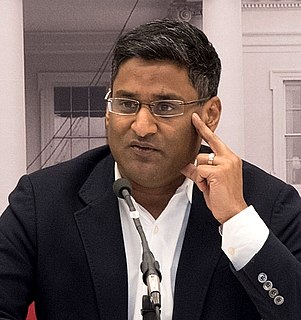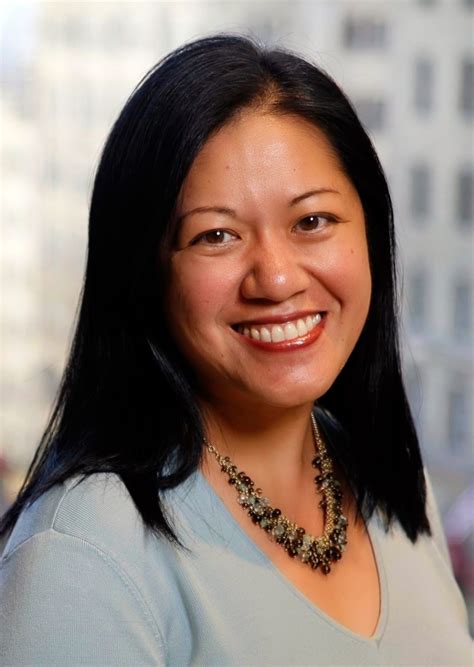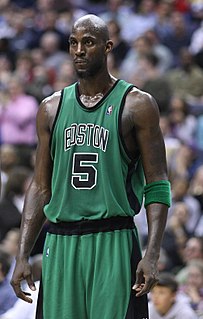A Quote by Mark Zuckerberg
I actually do think you're seeing this trend towards organizations just caring more about their brand and engaging. And so I think Home Depot will want to humanize itself. I think that's a lot of why companies are starting blogs, are just giving more insight into what's going on with them.
Related Quotes
I think the Republicans starting more and more to ignore President Trump. I think they have realized - it's taken a while, but I think a lot of them have realized there isn't going to be a change, he is who he is, there's not going to be some pivot or some growing in office, and they have to deal with that. I don't think they have come together to figure out how exactly they move forward, but I think they are at least beginning to get a grip on the problem.
I think the fans, if you want to actually learn about us, I think you have to go way more intricate than just what you see on TV, because that's whatever they want to report. But it's just so much going on, and when you talk about being in our world you have to understand we're individuals too. We're not just athletes. No, we're fathers, we're sons. So when you put us through a job shortage you take away everything that we built.
I think it's important to humanize history; fiction can help us remember. A lot of books I've read in the past have been so much more important than textbooks - there is an emotional connection with one particular person. I'm very much of a research-is-important type of fiction writer, even for contemporary fiction. I wrote about blogs in America and I've never blogged. But I read many, many blogs - usually about feminist things, or about race, or about hair.
The insurance companies make about $15 billion a year. They have doubled their profit margin under Obamacare. And so now we're going to take a lot of this and call it a stabilization fund, but really it's a bailout of insurance companies. And I just think that's wrong. I just can't see why ordinary, average taxpayers would be giving money to very, very wealthy corporations. An analogous situation would be this: We all complain that new cars cost too much. Why don't we have a new car stabilization fund and give $130 billion to car companies?
Some of the power has shifted from companies to people. Using social media tools (blogs, wikis, tagging, etc.) more individuals are creating semi-spontaneous 'groundswells' of opinions to which companies and other institutions are realizing they must respond. From marketing to consumers organizations are being pulled into engaging with individuals.
Now the Japanese companies are more focused on that. To have two independent directors - I think it's good to have outside people look at you and think of what you could be doing better. Those are voluntary, but most of the companies told me they're going to do it. And I think it's good for them to say our returns on equity, for example, should be higher. Also, I think some could be more ambitious.
The reason I love blogs so much right now is that I am seeing more critical voices appear, and that's kind of thrilling. I think a lot of critics in their forties or even their thirties have had their voice scared or trained out of them by the academy. I have nothing against the academy. I think it's brilliant and fantastic, but I also think that it's become almost monolithic. The same way a lot of art looks the same, a lot of writing can sound the same and quotes the same theorists.



































